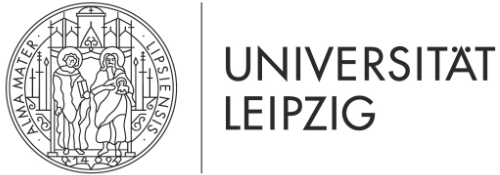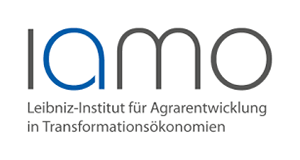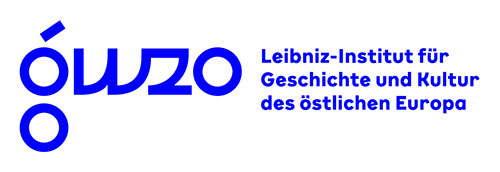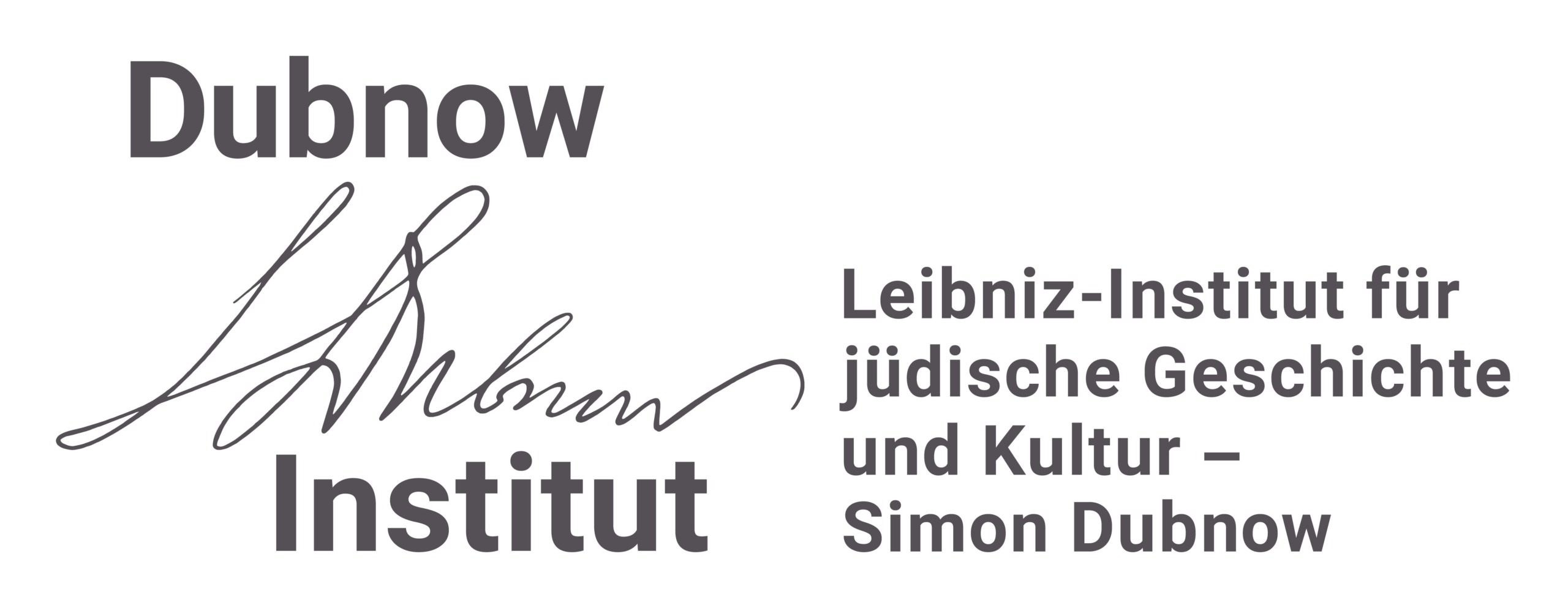Mithilesh Kumar
Stay at EEGA: four weeks in July / August 2018
I am currently an Assistant Professor at Centre for Development Practice and Research, Tata Institute of Social Sciences, Patna, India. My research interests include borders, infrastructure and logistics, labour, migration, and urbanism.
My research Project: The Entropic City: Mobilities and Spatial Economies at the Postcolonial and Postsocialist Conjuncture
This developing research project attempts at conceptualizing the “entropic city” in order to bring out the specificities of the manner in which urban spaces are being planned, produced, and consumed in the postcolonial and postsocialist nation-states. This concept seeks to capture the randomness, informality, and autonomy of people and spaces in the everyday practices of urbanism in these two geographical and socio-political economic settings. Also, this concept will provide a radical critique of the current trends in the study of urban mobilities and city spaces. The referent of the urban experiences in academic and even popular writings are always that of the West. Concepts such as megacities, megalopolis, and global cities etc. are often used to demonstrate that the cities in the postcolonial and postsocialist conditions either produce a distorted version of the urban experiences in the West or the formers’ genealogical locations are such that they perpetually produce a variant space and in the process reproduce the conditions of core-periphery, developed-underdeveloped-developing, and so on. Instead, the concept of “Entropic City” captures the unruliness of the postcolonial and post-socialist cities, their constant innovations in the art of not being governed, which marks the shared but distinctive experiences of postcolonial and postsocialist urban conditions. The analysis of the complexities of “entropic city” constituted by myriad political subjects, nation-states, and actors of global capital will also, hopefully, reveal that the contemporary global urban turn is constituted by the postcolonial and postsocialist cities, which constantly challenge the global cities and their imperial power.








